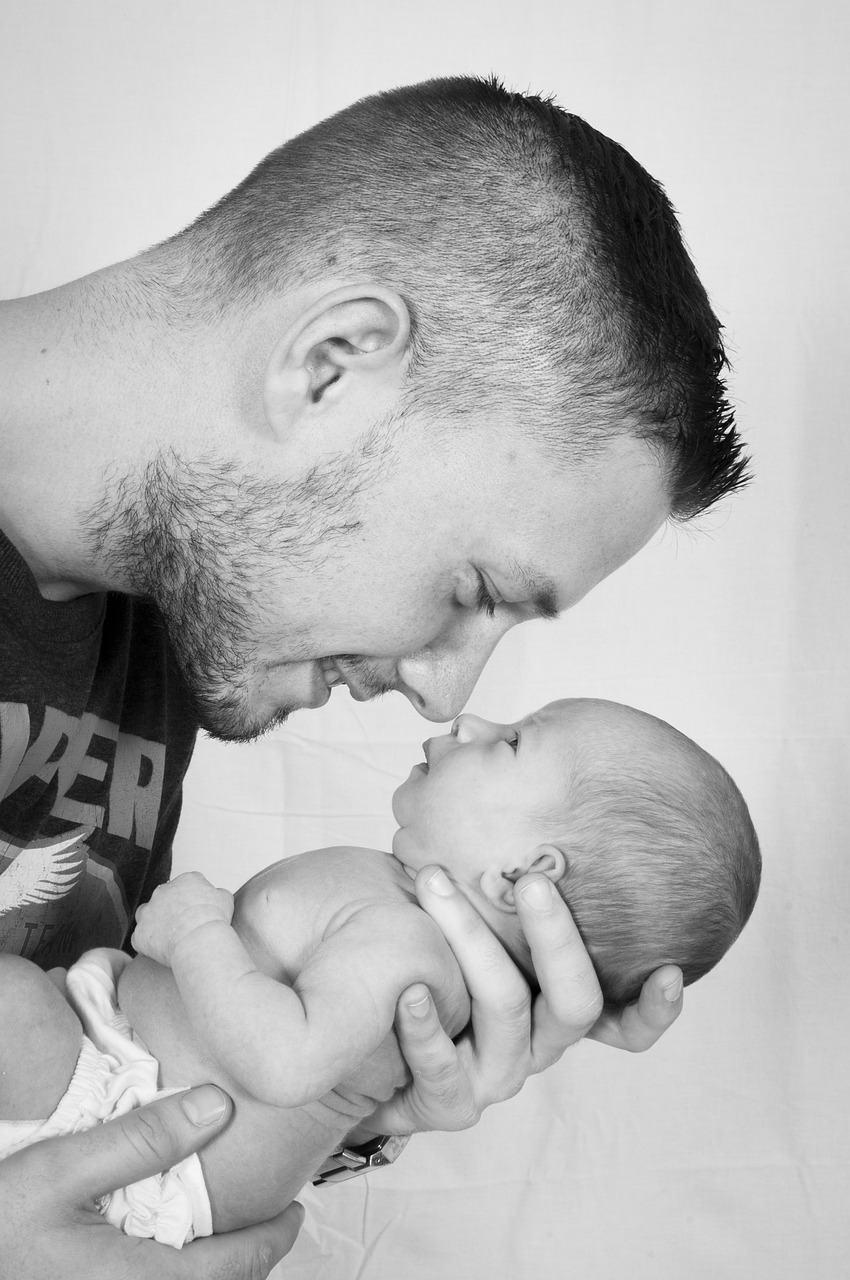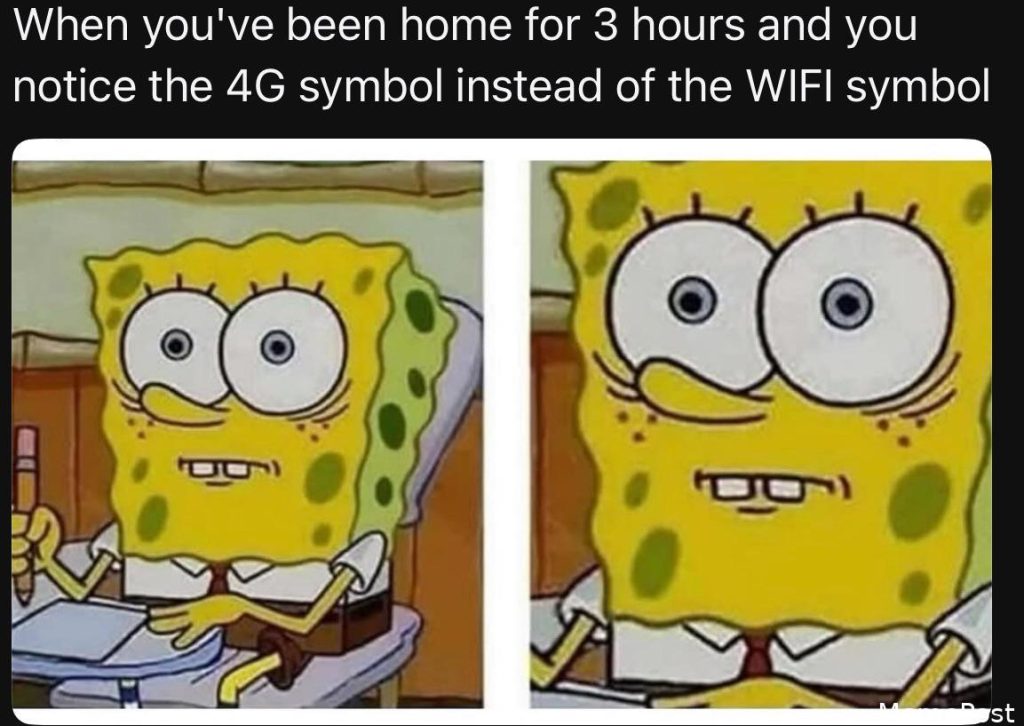AITA for not saying “hi” to my dad’s girlfriend?
 Image credit: Pixabay (This is example image – Not the actual photo)
Image credit: Pixabay (This is example image – Not the actual photo)
Teen Torn Between Loyalty and Heartbreak
In a heart-wrenching tale of family dynamics, a 14-year-old girl grapples with her father’s quick transition from a loving dad to a man who seems to prioritize his new girlfriend over their once-close relationship. After her parents’ divorce, she discovers her father’s infidelity and struggles to accept his new partner, leading to a painful rift between them. As she navigates her feelings of betrayal and loss, the story raises questions about loyalty, the complexities of adult relationships, and the impact of divorce on children. This relatable scenario resonates with many in the US, where family structures are often challenged by infidelity and the emotional fallout that follows.
Family Drama and Conflict Resolution: A Daughter’s Perspective
A 14-year-old girl shares her experience navigating family drama following her parents’ divorce. The situation has led to significant tension between her and her father, particularly regarding his new relationship. Here’s a breakdown of the events:
- Close Relationship: The girl describes a strong bond with her father, identifying as a “daddy’s girl” throughout her childhood.
- Divorce Background: Her parents divorced after 25 years of marriage, which was influenced by her father’s texting relationship with a coworker.
- Discovery of Infidelity: The daughter learns that her father was texting a 34-year-old coworker for hours daily, which escalated to her sending gifts to the family.
- Parental Conflict: The revelation of the affair leads to her mother confronting her father, resulting in the divorce.
- New Relationship: Shortly after the divorce, the father begins dating the coworker, which angers the daughter. She feels it is too soon for him to move on.
- Living Arrangements: The father eventually moves his new girlfriend into their home, further straining the relationship with his daughter.
- Emotional Response: The daughter expresses her discontent by isolating herself in her room and refusing to interact with her father’s girlfriend.
- Conflict Escalation: A confrontation occurs when the father demands a discussion, leading to a heated argument where both parties express their frustrations.
- Health Concerns: The daughter has been diagnosed with a heart condition, which has influenced her decision to avoid her father’s house altogether.
- Longing for the Past: Despite the ongoing conflict, she misses the close relationship she once had with her father.
In light of these events, the daughter questions whether she is in the wrong for not acknowledging her father’s girlfriend. The situation highlights the complexities of family dynamics, especially during times of significant change and emotional upheaval.
This is Original story from Reddit
 Image credit: Pixabay (This is example image – Not the actual photo)
Image credit: Pixabay (This is example image – Not the actual photo)
Story
So me, 14f, and my dad, 44m, were super close my entire life. I was the textbook daddy’s girl up until a year ago.
For some backstory, my parents divorced about two years ago after they were together for 25 years. I later found out my dad was texting one of his coworkers, 34f, for up to 3 hours a day. I thought it was weird but didn’t think anything of it.
But she started calling my dad and sending me and my brother gifts. That’s when my mom came in, and it resulted in them divorcing. My dad, for some reason, denies everything.
But surprise! He tells me only a couple of months after my parents divorced that he’s with that same coworker now. Reasonably, I was pissed. But he ignored me every time I told him it was too soon to get into a relationship.
He responds with, “You just don’t want me to be happy.” Half a year later, he says she’s moving in. I’m, again, pissed off.
I never liked her. My dad tried to convince me that she did nothing wrong. But no woman with any self-respect would message a married man for hours a day.
So while my mom finds out she has a brain bleed, he decides to move her in. But that’s a whole other story. So now I live with her half the time.
I stayed in my room every time I was at my dad’s house with my door all the way closed. Apparently, she felt awful about all of it. But I stood my ground and didn’t interact with her.
I do around 20 hours of dance a week, so I was able to ignore her for most of the week, but the weekends were the issue. One morning, I left my door open to my room, and I was on my phone.
His girlfriend walks by and says hi to me, and I don’t respond; she continues walking. My dad then runs into my room and hits me with the, “We need to talk.” I’m so done at this point, so it turns into a screaming match.
He calls me narcissistic and childish. I start crying and tell him to get out of my room. It didn’t get anywhere and didn’t help my dad or his girlfriend’s case in my brain.
Present day, I refuse to go to my dad’s house at all since I’ve been diagnosed with a heart condition. And I’m perfectly content with being at my mom’s every day. But I miss what I used to have with my dad.
So, AITA for not saying hi to my dad’s girlfriend?
View the Original Reddit Post Here
Summary of Reddit Comments
The top Reddit comments indicate a strong consensus that the original poster (OP) is not at fault (NTA) for their feelings towards their father’s affair and the new girlfriend. Many users emphasize that the father, as the one who broke the commitment of marriage, should be more understanding of OP’s feelings and the impact of the divorce on their relationship. Additionally, there is a shared sentiment that the girlfriend also bears responsibility for the situation, as she knowingly engaged with someone who was married.
Overall Verdict
NTA
Expert Advice for Resolving Family Conflict
Navigating family dynamics after a divorce can be incredibly challenging, especially for a young person caught in the middle of adult decisions. Here are some practical steps to help both the daughter and her father address their feelings and work towards a healthier relationship.
For the Daughter
- Express Your Feelings: Consider writing a letter to your father. This can help you articulate your feelings about the divorce, his new relationship, and how it has affected you. Be honest but respectful.
- Seek Support: Talk to a trusted friend, family member, or counselor about your feelings. Having someone to share your thoughts with can provide relief and perspective.
- Set Boundaries: It’s okay to take time for yourself. If you need space from your father’s girlfriend, communicate that to your dad. Let him know that you need time to adjust to the changes.
- Focus on Self-Care: Given your health concerns, prioritize activities that promote your well-being. Engage in hobbies, exercise, or relaxation techniques that help you manage stress.
For the Father
- Listen Actively: Make an effort to listen to your daughter’s feelings without becoming defensive. Acknowledge her pain and validate her emotions regarding the divorce and your new relationship.
- Communicate Openly: Have an open dialogue with your daughter about your new relationship. Share your feelings and intentions, but also be prepared to hear her concerns.
- Be Patient: Understand that healing takes time. Allow your daughter to process her emotions at her own pace, and don’t rush her into accepting your girlfriend.
- Rebuild Trust: Work on rebuilding your relationship with your daughter. Plan activities that you both enjoyed in the past to help reconnect and create new positive memories.
Joint Steps for Conflict Resolution
- Family Meeting: Consider scheduling a family meeting that includes the daughter, father, and the girlfriend. This can provide a safe space for everyone to express their feelings and expectations.
- Therapy or Counseling: Engaging a family therapist can provide professional guidance to navigate the emotional complexities of the situation. This can help facilitate healthier communication.
- Establish New Norms: As a family, discuss and establish new norms and boundaries that respect everyone’s feelings and needs moving forward.
- Celebrate Small Wins: Acknowledge and celebrate small steps towards healing and understanding. This can help reinforce positive interactions and build a stronger family bond.
Remember, healing from a divorce and adjusting to new relationships takes time and effort from everyone involved. By approaching the situation with empathy and understanding, both the daughter and father can work towards rebuilding their relationship while navigating this challenging transition.
Join the Discussion
 Image credit: Pixabay (This is example image – Not the actual photo)
Image credit: Pixabay (This is example image – Not the actual photo)
What do you think? Would you have handled this differently?
Share your thoughts below! Vote: Do you agree with Reddit’s verdict?













